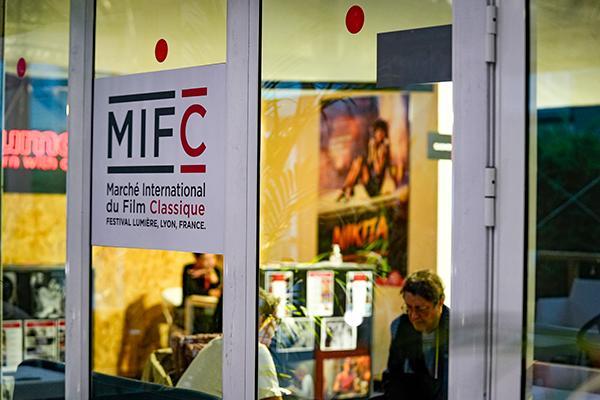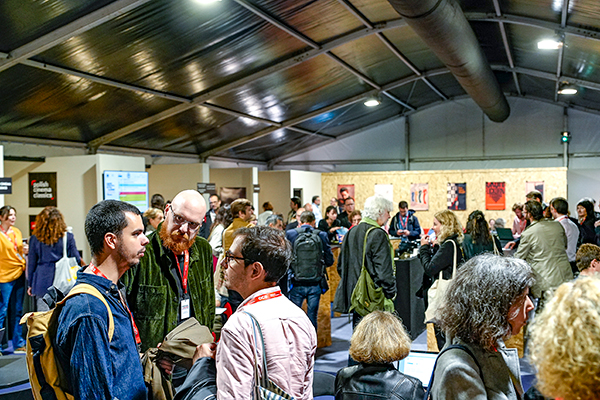The International Classic
Film Market (MIFC)
PostED ON 15.10.2024
The International Classic Film Market (MIFC) opens today and runs until 18 October, boasting a host of special features for this 12th edition.

© Sandrine Thésillat / JL Mège Photographies
What do you have planned for this year?
Juliette Rajon : Lithuania will be the country in the spotlight, and we will be joined by two special guests: Cassandra Moore, Vice President of Mastering and Archives at NBCUniversal, and Anna Marsh, Managing Director of STUDIOCANAL and Deputy Managing Director of the CANAL+ Group. They will each give an hour-long interview on October 15th and 18th.
There are a dozen round tables, can you tell us more about them?
JR : We'll be making a major assessment of Europe and the support initiatives expected by professionals in order to promote the circulation and distribution of heritage films. We'll also be talking, once again, about the role of Artificial Intelligence in the industry. These are the topics that really affect professionals in their day-to-day work and activities. Finally, with the professional cinema operators organisations, we will take a look at the vital role the movie theatre plays in terms of heritage cinema.

© Sandrine Thésillat / JL Mège Photographies
What is your assessment of the last eleven years ?
JR : The MIFC has succeeded in creating a very useful vehicle for the industry. The proof: we welcome more and more professionals every edition; 550 will participate this year, coming from all over the world, including 30% from abroad. We've had glowing reviews of the usefulness of this market: it enables them to meet, exchange ideas and share their experiences. The MIFC has a real role to play in energizing this industry, which has been growing since the 2010s, thanks in particular to the shift toward digital technology.
What are your objectives today?
JR : They remain the same as the beginning: to continue to play an active role in revitalising the sector and facilitating the work of professionals throughout the industry, from rights holders and cataloguers to distributors - whoever they may be, via technical laboratories, film libraries, archives, and so on, with the aim of encouraging the circulation and distribution of heritage films to the widest possible audience.
Interviewed by Fanny Bellocq

